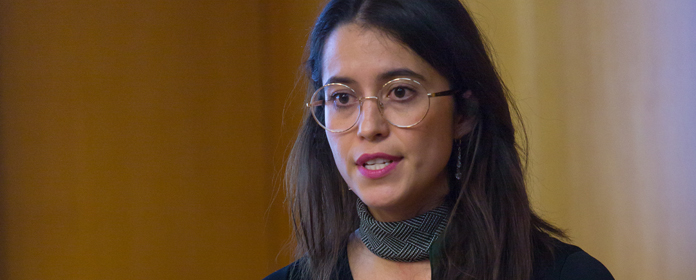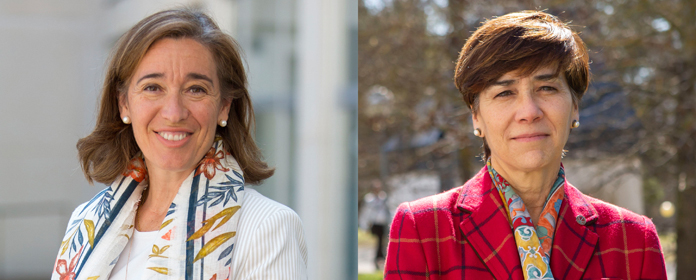First study on pediatric palliative care in Europe identifies 680 specialized services in the region, 10 of them in Spain
The work, led by the ICS of the University of Navarra, indicates that they do not meet the needs of the population, as 170,000 children die each year without access to them.

PHOTO: Manuel Castells
In Europe there are 680 specialized pediatric palliative care services, 10 in Spain. However, they do not meet the needs of the population, as 170,000 children die each year without access to them. This is the conclusion of a research led by the Global Observatory of Palliative Care of the Institute for Culture and Society (ICS) of the University of Navarra.
This is the first study to analyze the state of pediatric palliative care in the European region of the World Health Organization (WHO) and involved data from 51 countries. It has been published in the Journal of Pain and Symptom Management, an international reference letter journal in its field.
"Illness-related suffering is one of the most overlooked problems in the global health diary in pediatric population. Addressing it has an incalculable impact on the well-being of patients and their families," says Natalia Arias-Casais, lead author of article.
She recalls the case of a girl with cerebral palsy and a 95% disability Degree . In 2013 she began to have great swallowing difficulties, becoming extremely thin. In 2015 she presented very low weight and fragility, so she began to receive home hospitalization. He died in 2020 due to his severe prognosis, after a five-year accompaniment that the family described as comprehensive and professional.
"During that time, the little girl regained weight and enjoyed great physical well-being despite her evolution," she explains. "Her story and that of her family members, who say they were never alone, makes us reflect on the importance of early and assertive support from pediatric palliative care teams," emphasizes Dr. Arias-Casais.
Adapt the models to the characteristics of each country.Of the services detected in the work, 133 are care centers; 385 are home care centers; and 162 are hospitals. In Spain, eight correspond to the second subject and two to the third. Likewise, 19 countries claim to have national performance standards, 14 offer Education programs for pediatric physicians and nurses, and 22 national associations of this discipline have been identified.
A wide variety of models has been tested, he says. Some countries - such as Belgium, the Netherlands or France - do not have a specialization program as such, but integrate it into general pediatrics. In others, such as Lithuania, Moldova or Portugal, care provision is multisectoral and involves the public and private sector, as well as non-profit associations and NGOs.
Arias-Casais states that further efforts are required to define such models with the goal to respond to population demand: "Each national health system must adapt the strategies for regulating patient care to its characteristics".
This study is part of the Atlas of Palliative Care in Europe 2019, developed by the ATLANTES Program of the ICS. In this line of research, the Global Palliative Care Observatory ATLANTES is in charge of monitoring, researching and promoting the worldwide development of palliative care with the support of the WHO.
-
The article (PDF)





